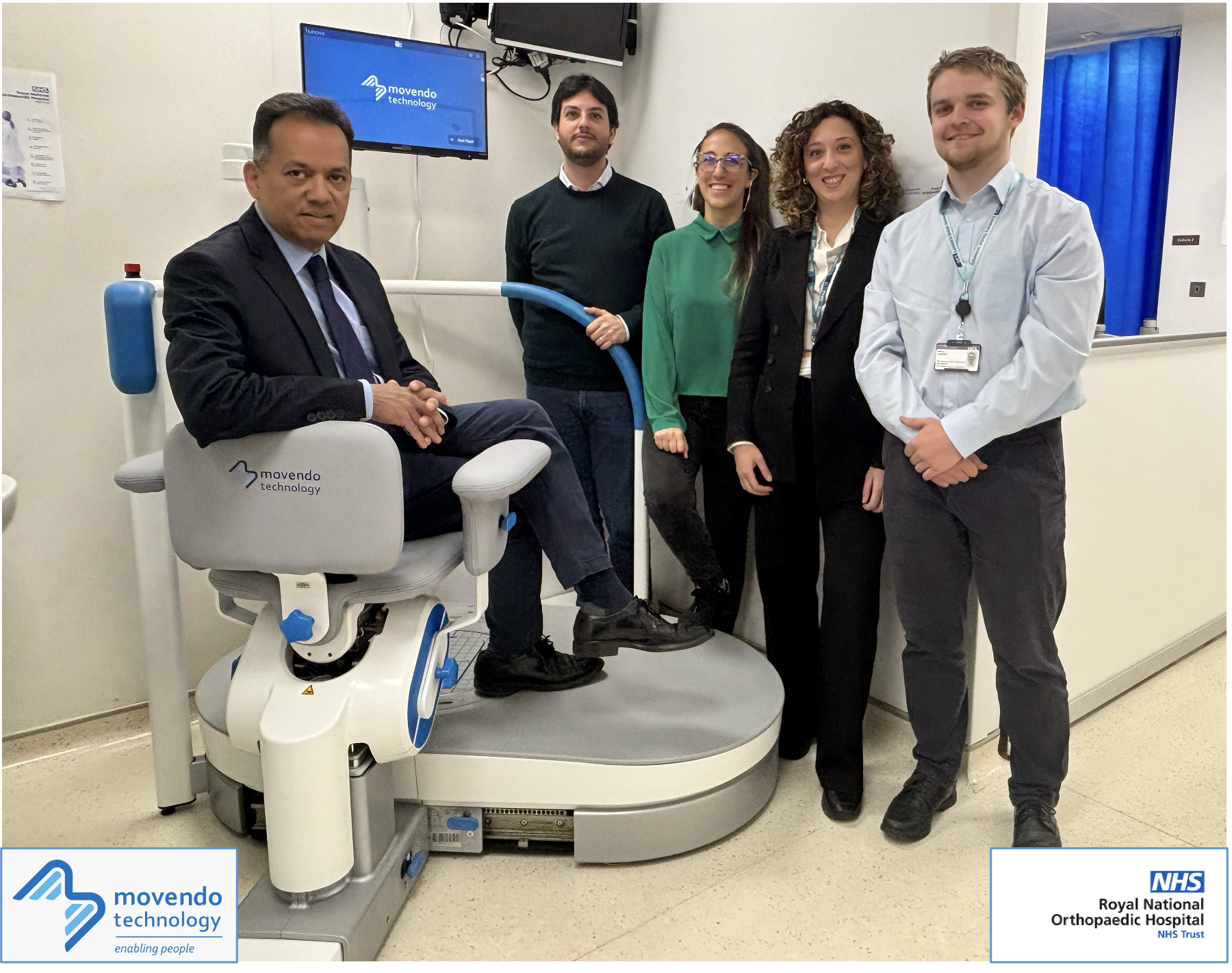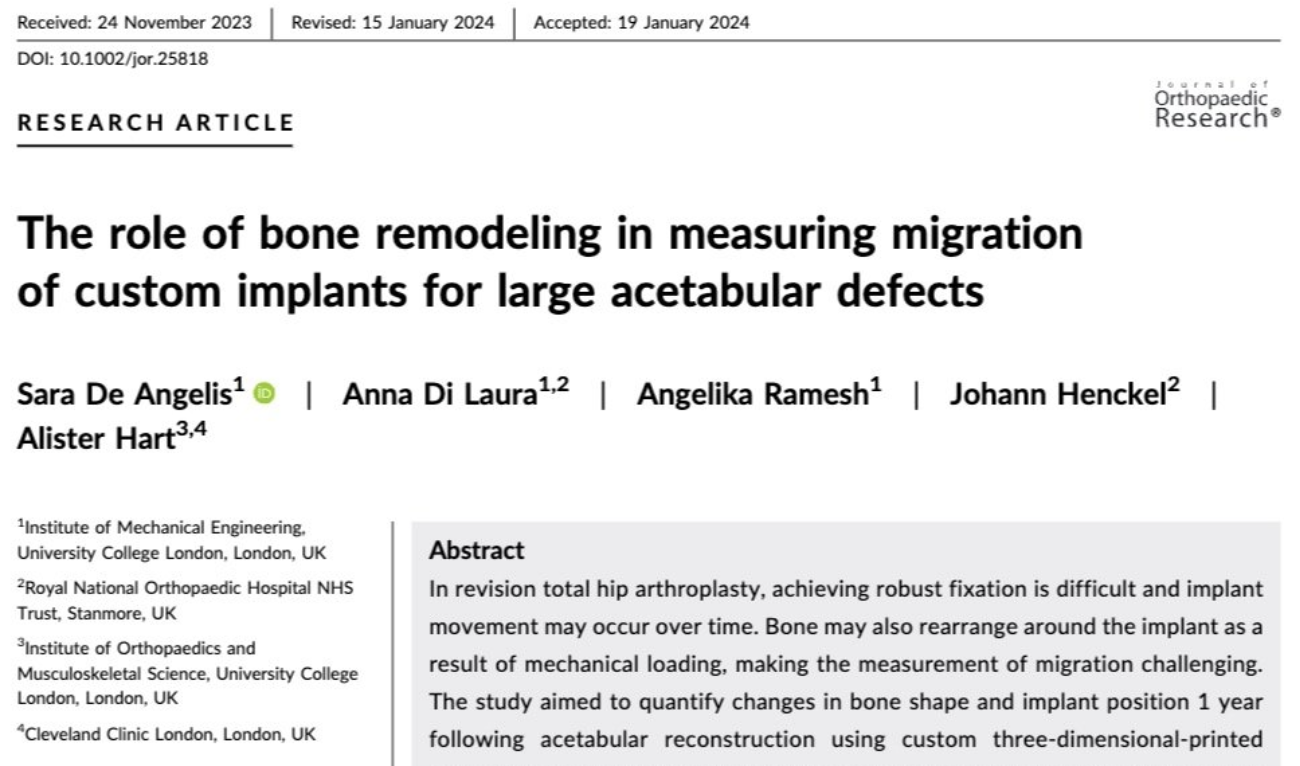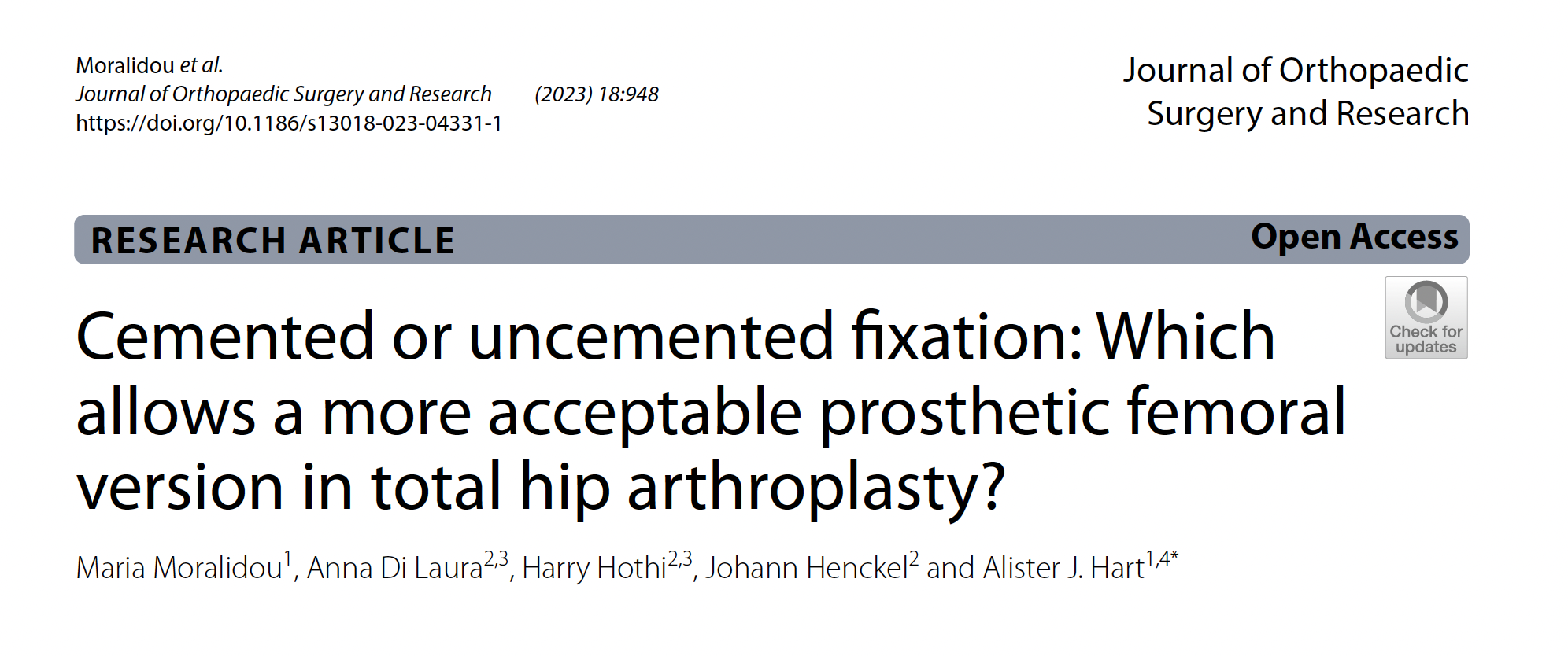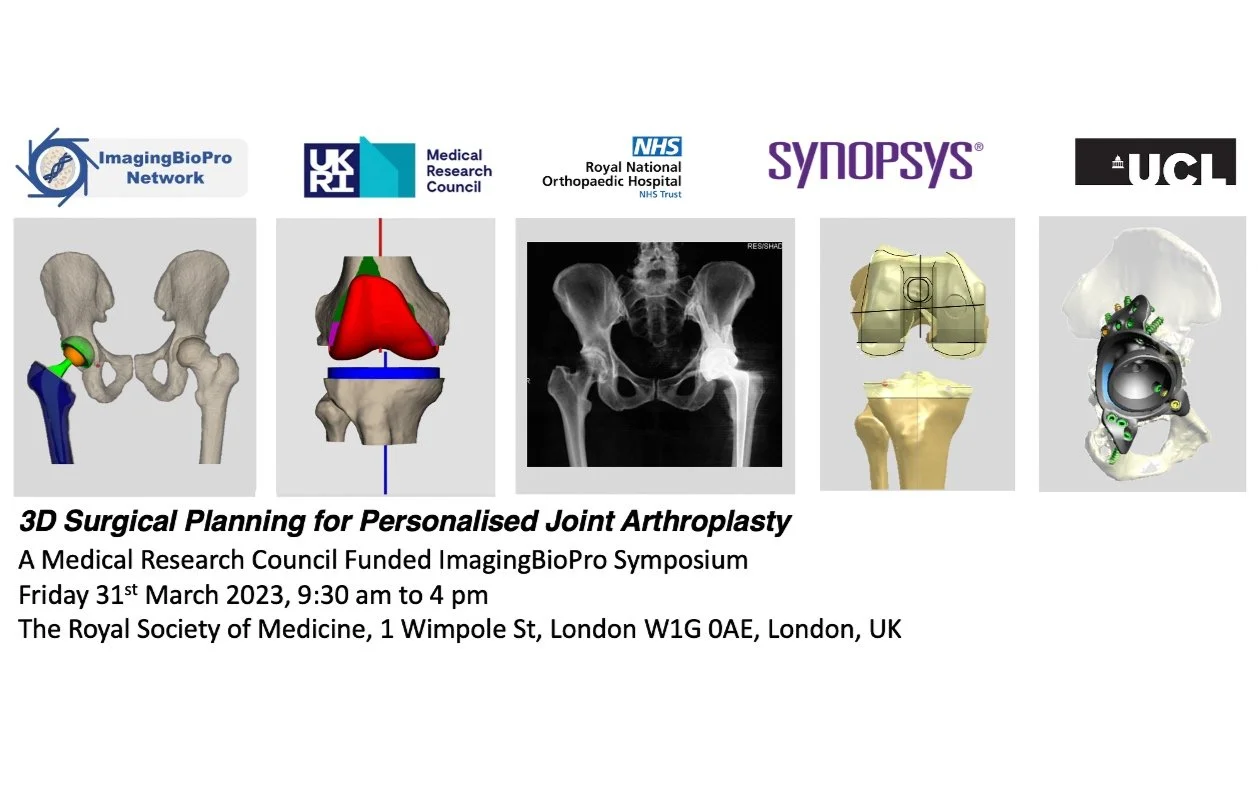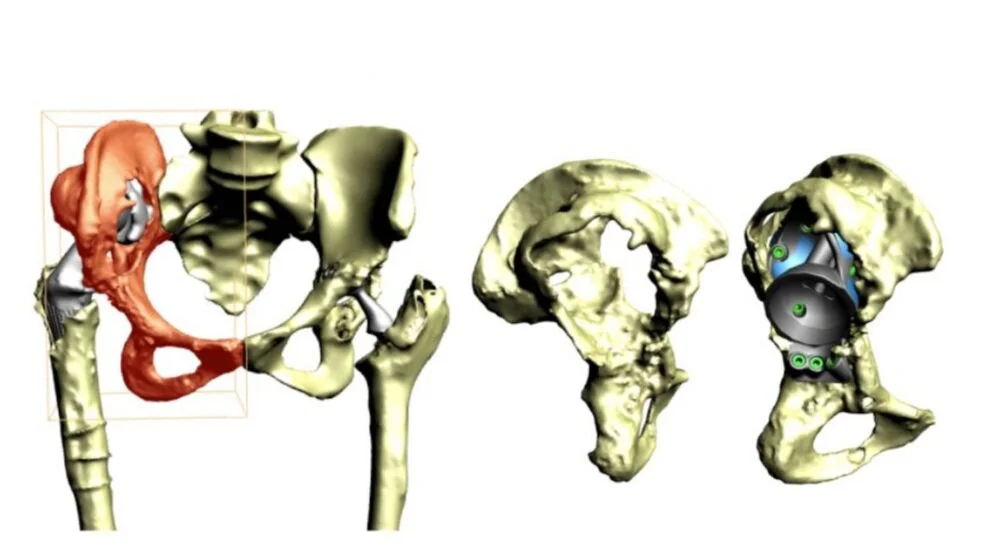News
RNOH Launches Movendo Robotic System to Advance AI-Enhanced Muscle Health Assessment and Exercises Science Research
The Royal National Orthopaedic Hospital (RNOH) has become the first UK centre to host the Movendo Technology’s robotic system for lower limb muscle performance assessment and neuromuscular training. This significant in-kind investment enhances the hospital’s capability for biomechanical and musculoskeletal research.
The system will support ongoing interdisciplinary work led by Anna Di Laura, Johann Henckel at the RNOH and Alister Hart, Chair of Orthopaedics at UCL. Their collaborative research programme investigates muscle health and functional performance through a combination of advanced MRI imaging, robotics, and artificial intelligence.
Specifically, the team is employing AI-driven analysis of targeted MRI scans to quantify muscle fat infiltration and lean tissue ratios in both pathological and normative cohorts. The focus is on key postural and ambulatory muscle groups to characterise patterns of fatty degeneration, sarcopenia, and muscle quality decline associated with musculoskeletal diseases.
By integrating robotic assessment of muscle strength, endurance, and coordination with MRI-based muscle health biomarkers, the team aims to enhance our understanding of the mechanistic underpinnings of functional decline and recovery in orthopaedic patients. This multimodal platform offers novel opportunities to correlate neuromuscular performance metrics with quantitative imaging phenotypes, facilitating more precise stratification of patients and personalised rehabilitation strategies.
The introduction of the hunova system marks a critical step in developing clinically translatable tools to monitor exercise-induced improvements, disease progression, and musculoskeletal ageing. The project reflects RNOH and UCL’s ongoing commitment to embedding cutting-edge technology into clinical research to address unmet needs in orthopaedic care.
EFORT 2023. We have given 11 presentations related to our research work.
